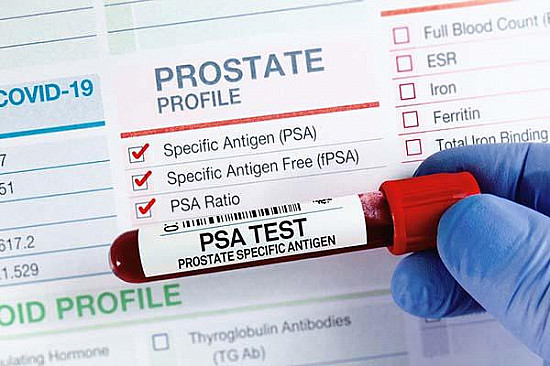Big jump in active surveillance for low-risk prostate cancer
News briefs
New findings show a dramatic increase in the number of men taking a conservative approach to low-risk prostate cancer. According to a Harvard-led study published Feb. 19, 2019, in JAMA, use of active surveillance — which involves monitoring the cancer and delaying treatment unless it progresses — almost tripled from 2010 to 2015. The data come from the records of 165,000 men with prostate cancer. Researchers found that among men with low-risk prostate cancer (slow-growing cancer that's not considered life-threatening), active surveillance jumped from 15% in 2010 to 42% in 2015, surgery fell from 47% to 31%, and radiation dropped from 38% to 27%. Other studies also have also shown increasing rates of active surveillance in low-risk cases.
Why the shift? The authors point to national guidelines that now recommend active surveillance in such cases, as well as favorable research findings. "Emerging evidence has shown that active surveillance for low-risk prostate cancer is an effective alternative to surgery or radiation, associated with similar and excellent chances at long-term survival," notes Dr. Brandon Mahal, the study's lead author and a radiation oncologist with Harvard-affiliated Dana-Farber/Brigham and Women's Cancer Center.
Disclaimer:
As a service to our readers, Harvard Health Publishing provides access to our library of archived content. Please note the date of last review or update on all articles.
No content on this site, regardless of date, should ever be used as a substitute for direct medical advice from your doctor or other qualified clinician.
















